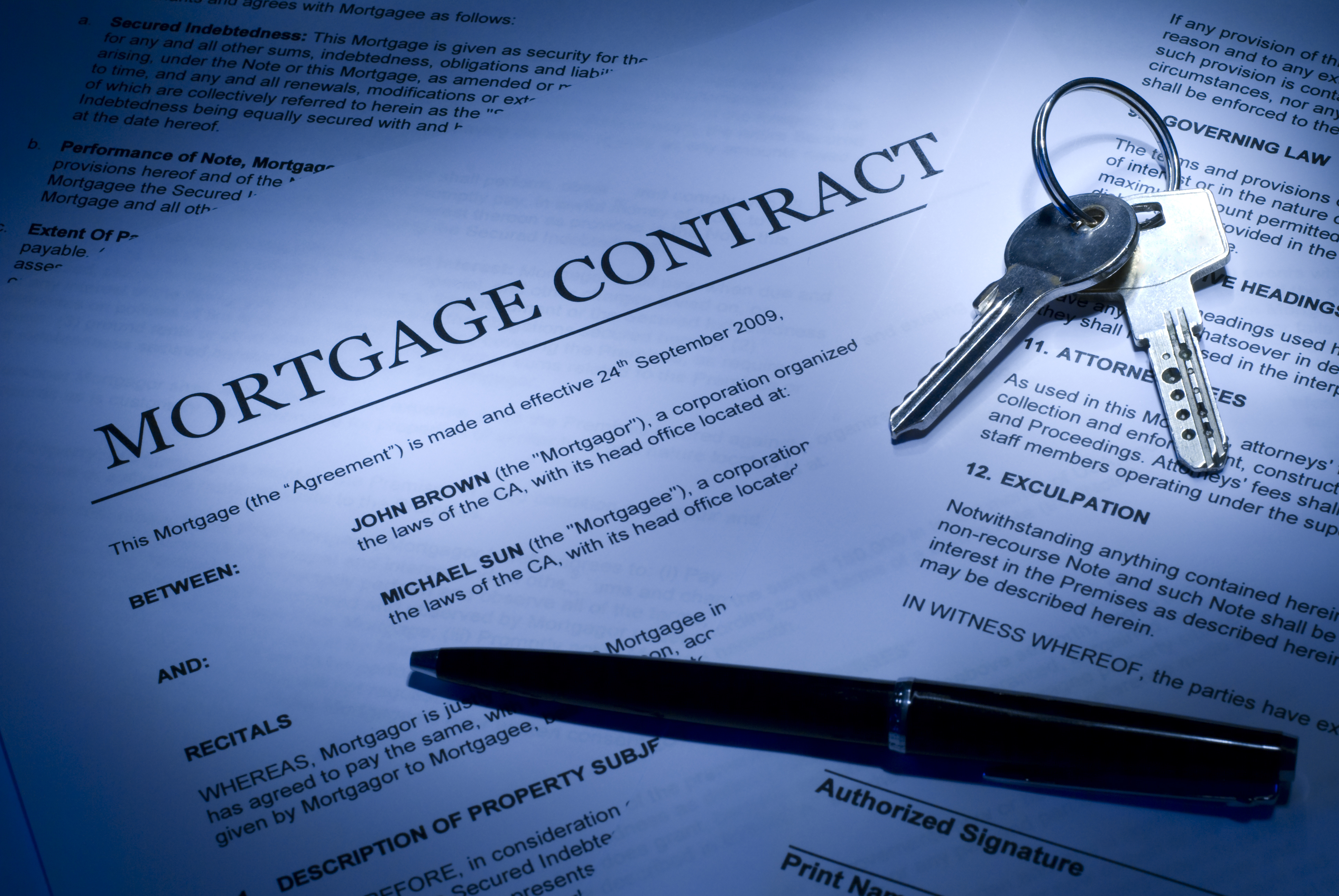
Short Sale
Usually, a short sale is initiated by the homeowner, oftentimes when the value of the property drops 20% or more. Prior to the short sale, the lender must agree to accept a mortgage payoff amount less than what is owed and forgive the remaining balance. In addition, the lender, usually a bank, will need documentation explaining why the short sale makes sense.
In a typical short sale, the buyer will negotiate with the homeowner then seeks approval from the lender. Without the lender’s approval, the short sale cannot occur.
Although a short sale is likely to damage the homeowner’s credit rating, it is not as detrimental as a foreclosure. A short sale may be viewed more favorably by future lenders or creditors because it shows that the homeowner took action before their home was repossessed by the bank. Under certain circumstances, an individual who sells their home in a short sale may be able to purchase another home immediately.
However, a short sale can be a lengthy, time-consuming process, sometimes taking upwards of a year to complete the transaction.
Foreclosure
A foreclosure is a legal process in which a borrower forfeits all rights to their property. If a borrower cannot make his or her mortgage payments and does not sell the property, the home may go into foreclosure. At the end of the foreclosure process, an auction of the property is held. If no one else buys the property at auction, the lender, usually a bank, buys and will take possession of the home.
Unlike a short sale, foreclosures are always initiated by the lender. The lender will move against the delinquent borrower to force the sale of the home at auction. In addition, unlike most short sales, many foreclosures occur when the borrower has abandoned the property. If the borrowers do not abandon the property on their own accord, they may be evicted by the lender during the foreclosure process.
Foreclosures can take less time than a short sale because the lender seeks to liquidate the assets as quickly as possible. Foreclosed properties may be auctioned off during a referee’s sale in which buyers can bid on the home in a public process.
However, foreclosure can severely damage a borrower’s credit score and will be kept on his or her credit report for seven years. A drop in a person’s credit score may lead to higher interest rates, credit limit decreases, and difficulty securing future lines of credit or loans. In addition, an individual whose property goes into foreclosure often will be unable to purchase another home for at least five years or three years with an FHA loan.
If you are a New York City, Nassau County, or Suffolk County resident who has fallen behind on his or her mortgage payments and is contemplating selling your property in a short sale or is facing foreclosure, it is imperative that you seek the guidance of an experienced New York real estate lawyer. The lawyers at Blodnick Fazio and Clark are experienced real estate lawyers who have advised clients on short sale, foreclosure defense, and residential mortgage modification matters. For more information or to schedule a consultation, call (631) 669-6300 for our Suffolk County real estate lawyers or (516) 280-7105 for our Nassau County and New York City real estate lawyers.


